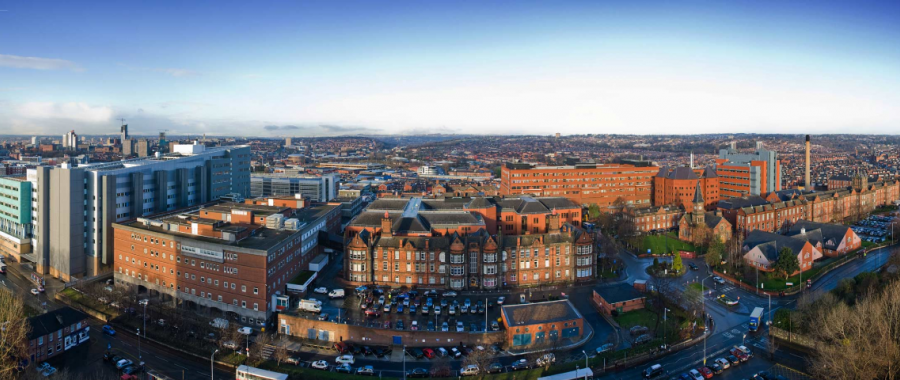
On this page
Radiographers use imaging techniques including X-ray, Ultrasound, Computed tomography (CT), Nuclear Medicine, Magnetic resonance imaging (MRI), radioactive isotopes, and other forms of radiation in the diagnosis, and treatment of disease.
Radiology Departments and Services
Radiology Appointments: Appointments for ultrasound, fluoroscopy, CT, MRI and interventional radiology are booked following the imaging request being reviewed and approved by a Radiologist.
If you have any further queries, please contact us on: 0113 733 4974.
Useful Information
Important
If you are unable to attend the hospital for your appointment, please contact us as soon as possible on 01137334974. This is important so that we can use that time to see other patients.
Medicines
Do not stop taking vital medicines (Heart drugs, diuretics/water tablets, steroids etc).
Transport
It will state clearly in your letter whether the hospital has or has not arranged transport for you. We will only arrange transport if your GP or Referrer has requested it. If you are not sure or you need transport please contact you GP or Referrer and they will arrange this this for you.
Valuables
You are strongly advised not to bring money or valuables in to the hospital. The Trust cannot accept responsibility for the loss of any property brought in to the hospital.
Childcare
Under 16 years of age – It is Trust policy that parents/carers are not allowed to leave children unaccompanied in waiting areas. Unfortunately children cannot accompany patients into the examination room. If you do bring children with you then they must be accompanied by someone 16 years of age or older, otherwise please contact the department to rearrange your appointment.
How to Find Us
Visit the AccessAble website to find directions for X-Ray, Ultrasound and MRI at Chapel Allerton Hospital.
Compliment, Concern or Complaint
If you have a compliment, concern or complaint about or service you can contact our Patient Advice and Liaison Service (PALS) who will be able to help you.